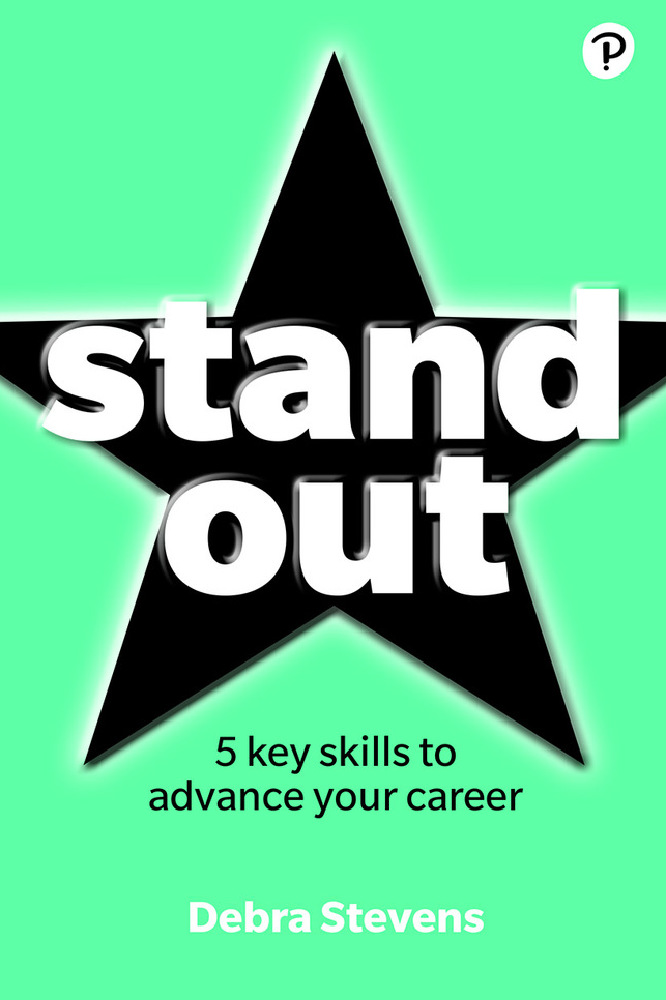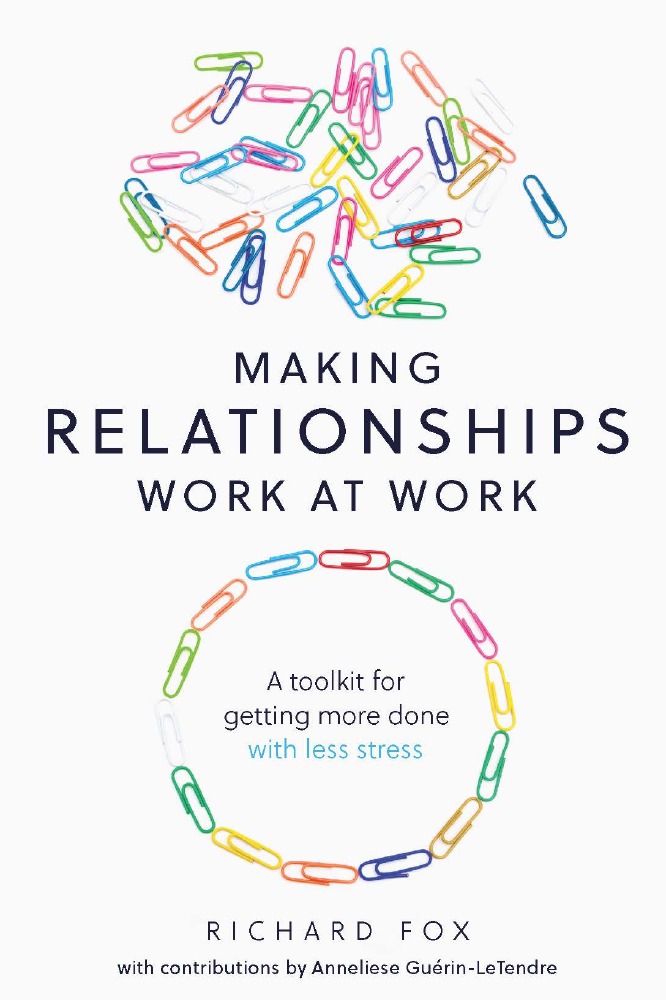There has never been a noisier and more distracting world to live in than right now, so does this mean we are losing the art of listening? Devices and technology affect the way we interact with each other on an interpersonal level especially when it comes to listening, which can be defined by slowing down, asking questions from a place of curiosity and listening to understand rather than to respond. If you break down that sentence it’s no wonder it’s so hard! Even the slowing down - in our busy lives balancing work, children, relationships, the home and social media, taking the time to give ourselves space to listen is hard.

Stand Out: 5 Key Skills to Advance Your Career
Being present
At the beginning of the year 2000 there was no: -
U tube, Vlogging, Wikipedia, WhatsApp, Snapchat, Skype, Spotify, Siri, Facebook, Twitter, Instagram, Netflix, Broadband, Tik Tok and the list goes on...
All of the above are fantastic and magical, making our lives richer and easier, also we have the opportunity to connect to loved ones all over the world, my daughter is working abroad on super yachts, travelling 10 months of the year and I miss her terribly, without WhatsApp, Instagram and Facebook, I would have no connection with her. But we need to be careful because it’s addictive, when you get a like on your latest photos on Facebook or Instagram, your brain creates dopamine, this is the hormone that controls pleasure and reward, and the brain always craves more. A friend of mine told me she became acutely aware of this addiction one night when her 6-month-old baby daughter woke her up. She found herself sitting in the rocking chair phone in one hand baby in the other, checking in to see who had liked the cute photos and videos she had put up earlier. She suddenly realised the opportunity to be conscious, present and in the moment with her little one was being sabotaged.
This is affecting our ability to listen because being present and in the moment is essential if we want to engage the 3 key elements of good listening - observation, evaluation and curiosity. In a recent survey they discovered that since the year 2000 people’s attention span had fallen from 12 seconds to 8 seconds and there is a 40% drop in face-to-face socialising, all of this will be dramatically affected by the coronavirus pandemic as well.
Information overload is shortening our attention spans, most of us (myself included) are guilty of starting a conversation, asking a question and then not listening to the answer, why? Because we want to talk, we are busy thinking about our reply, or we are distracted by our phones, iPad and busy noisy lives!
The benefits of being a good listener
Listening is important, it forms the foundation of good relationships, because it shows you care. Empathy and listening go hand in hand. You can't display empathy or emotional intelligence, if you don’t listen. The quality of our listening determines the quality of our influence. Listening inspires others and helps you sell your ideas and its essential for collaboration. Being a good active listener, will make you stand out from the crowd, drawing people to you like nothing else, as Dale Carnegie said “To be interesting be interested”
A few years ago, I was running some training for a large media company and I kept hearing stories about the amazing CFO and what a fantastic and inspiring person she was, and CFOs are not normally known for being charismatic, but this woman seemed to have something special, I have to say I was curious and really wanted to meet her. I got my chance at a conference gala dinner, as I was lucky enough to be sat next to her. After being with her for just ten minutes I understood, she was a fantastic listener. She was curious and genuinely interested in everything I had to say, she asked me questions about my ideas and passions and before we had got to the main course she made me feel like I was the most interesting person in the world. That night I saw people drawn to her like moths to a flame, she was irresistible, what a gift!
Exercise your listening muscles
If we accept we need to work at our listening and we understand how important it is, how can we flex our muscles and stay in good listening shape. Below are 3 great exercises that done regularly make a real difference :-
1. The power of silence “Silent and listen are spelt with the same letters think about that” Alfred Brendel
3 minutes of silence every day has been proven to help with our overall awareness and mindfulness, which in turn helps us to be more effective listeners. Starting today and then every day this week find 3 minutes to be totally silent and aware of everything going on around you.
To get you started
ü Focus on your breathing
ü What can you hear (bird song, traffic air conditioning etc.)?
ü How do you feel (warm, cold, hungry, thirsty etc.)?
2. Practice makes perfect - Have at least one conversation today with someone and be more aware of your listening, think about the following: -
· What stops you listening and makes it more challenging?
· Are you listening to respond or are you able to park your agenda?
· What takes you out of the moment are you thinking about something else and what is it?
This will help you to be more aware of when you are not present and give you a chance to bring yourself back. Make a mental note of what takes you out of the moment
To get you started
ü Distractions – noise, chatter, phones etc.
ü Flare ups – are you thinking about what they have said or making associations
ü Wandering mind – are you thinking about random things
ü Mental rehearsal – are you thinking ahead, problem solving or waiting to speak
3. Ninja listening
The final challenge is to engage and listen consciously to one person in your life or a complete stranger (if appropriate). Commit totally for 10 minutes, turn your phone off and be present. Your mission is to listen and let go of any personal agenda, judgements and biases, ask open questions from a place of curiosity and don’t sabotage the conversation by talking about yourself.
I did this exercise every day for 30 days as an experiment and it was eye opening, I improved my relationships, made new connections and met some fascinating people and my conscious listening improved dramatically. Just like going to the gym if you work your muscles regularly you get fitter, and it gets easier.
The 3 exercises above are challenging but they are worth it as there is no better way to stand out than being known as a brilliant listener, think about people you respect and admire I guarantee they are great listeners. The great thing is you don’t have to take expensive courses to develop these skills, the opportunity to learn and practice is all around you so don’t wait start today!
Debra Stevens is a trainer, speaker, and the author of Stand Out: 5 key skills to advance your career, published by Pearson, priced £14.99
RELATED: Why listening is the greatest gift you can give your colleagues by Richard Fox
Fully engaged, ‘active’ listening is hard work for beginners. It requires first a strong desire to hear what the other person is saying. This requires you to be genuinely interested in other people; not for what you can get out of them but valuing them as fellow human beings. It also requires great concentration and patience and, in certain situations, empathy. To demonstrate to your colleagues that you value them, you need to listen to them attentively, only asking questions to truly understand their point of view...


